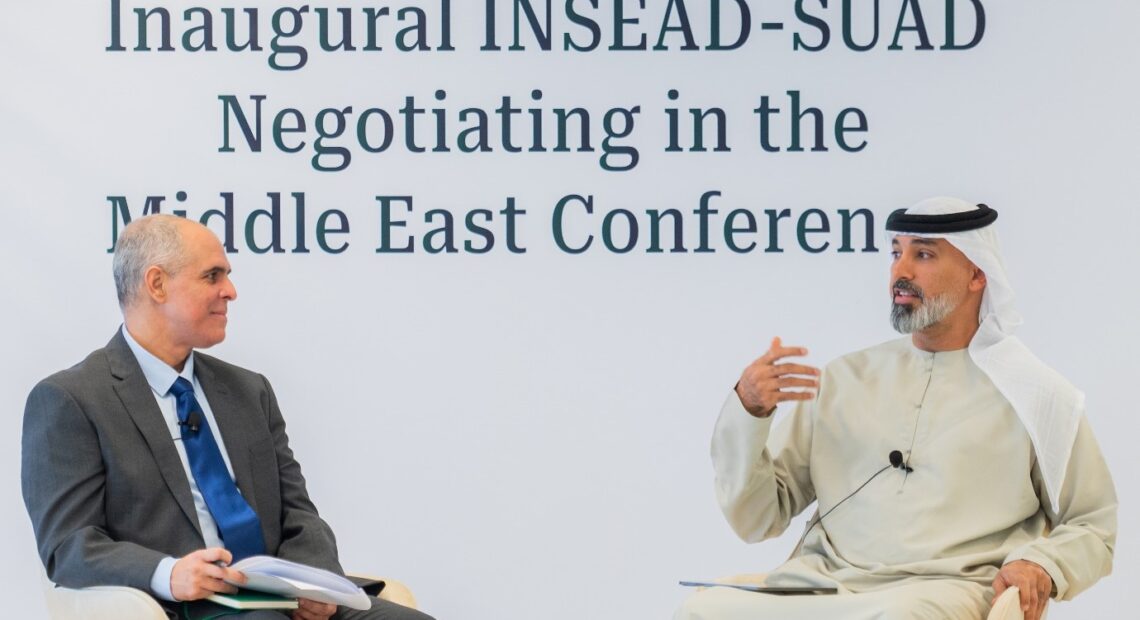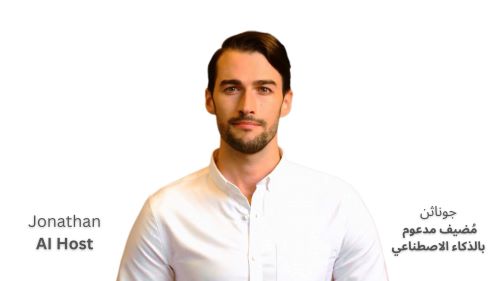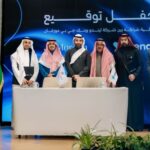Abu Dhabi meeting discusses UAE unification

Amidst Middle East topics
The inaugural Negotiating in the Middle East Conference was hosted at INSEAD’s Middle East campus in partnership with Sorbonne University Abu Dhabi. The event saw a full day of engaging discussions featuring speakers and panellists who delved into pivotal topics on negotiation in the Middle East, including UAE unification, negotiating for a sustainable future, and the intersection of business and government.
One of the key highlights was the keynote speech and fireside chat by Zaki Nusseibeh, cultural advisor to His Highness and the president and Chancellor of UAE University. “Lessons Learned from Successfully Negotiating the UAE Unification,” Nusseibeh’s talk explored the leadership and negotiations that led to lasting peace and unity among the emirates.
He reflected on the cultural dynamics, challenges, and moments of strategic restraint crucial in overcoming tribal rivalries and shaping the UAE’s foundation, particularly in national security, power-sharing, economic development, and wealth distribution.
Nusseibeh underscored that the late Sheikh Zayed Al Nahyan’s leadership during the unification process was characterised by his ability to transform lofty ideals into actionable steps. He noted that the investments in infrastructure, diplomacy, and strategic foresight, underpinned by a humanitarian philosophy, were fundamental to unification and the UAE’s continued success. “These leadership traits continue to inspire the UAE’s identity, leadership, and trajectory,” Nusseibeh said.
Humanistic approach
Dr Anja Merz, a negotiation expert at Sorbonne University Abu Dhabi, highlighted the profound humanistic approach of moderation and tolerance exhibited by the late Sheikh Zayed. She added that being an oil-rich nation alone is insufficient for building a prosperous and innovative society.
“We are grateful to be part of this vision and committed to raising awareness and knowledge about negotiation and conflict management,” she stated.
In another dialogue session, “The Legacy of Successful Negotiations—From Past to Present,” Dr Yasir Al Naqbi, Director General of the Abu Dhabi Government Academy, elaborated on how the foundational values set by Sheikh Zayed continue to guide the UAE’s progress. Al Naqbi discussed how these values inform government policies and business strategies, supporting societal growth and innovation.
INSEAD Professor Horacio Falcão, who moderated the session, echoed these sentiments, emphasising that successful negotiation leadership requires inclusivity and collaboration. Leadership in negotiation is about managing diverse perspectives, adapting to change, and fostering mutual trust and understanding,” said Falcão. He pointed out that leaders across sectors leverage Sheikh Zayed’s principles today to drive sustainable progress in the UAE.
The conference also featured panels addressing modern negotiation challenges. One such panel, “Negotiating for a Sustainable Future,” explored the intersection of business and environmental sustainability. Panellists shared insights from their negotiation experiences, focusing on renewable energy, resource efficiency, and responsible investments. They discussed how companies can balance corporate goals with environmental imperatives, advocating for strategies that produce mutually beneficial outcomes.
Another session, “Negotiating at the Interface Between Business and Government,” tackled the complexities of stakeholder relationships in both sectors. Panellists discussed practical approaches for fostering cooperation, navigating complex stakeholder landscapes, and creating balanced outcomes. The emphasis was on building collaborative partnerships that leverage the strengths of both business and government to address societal challenges.
The final panel, “Pushing the AI Frontier in Negotiating: From Education to Real Deals,” examined how artificial intelligence transforms negotiation strategies and practices. AI experts discussed the use of technology in training and executing negotiation strategies, focusing on the UAE’s role in AI innovation. The session highlighted the growing role of AI in streamlining decision-making processes and enhancing negotiation tactics.
A significant milestone at the conference was the launching of the Arabic version of the Negotiation Course for the World. This initiative aims to democratise access to high-quality negotiation education by providing free, accessible materials and expertise to Arabic-speaking audiences, expanding the global reach of negotiation knowledge.
The November 26 conference underscored the importance of strategic negotiation in shaping business outcomes and societal progress in the Middle East.
Hero image: (L-R) INSEAD Professor Horacio Falcão with Dr Yasir Al Naqbi, Director General of Abu Dhabi Government Academy. Credit: INSEAD













